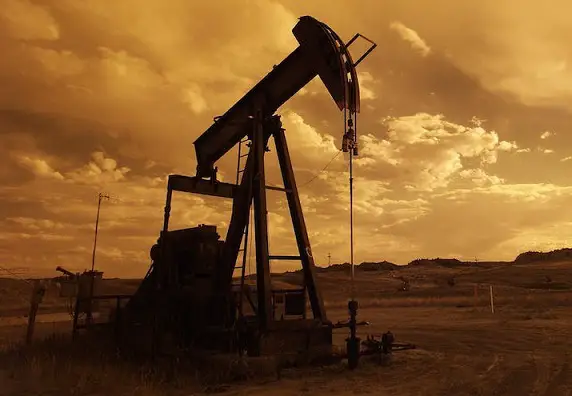On Wednesday oil prices plummeted, as global benchmark Brent crude fell below $90 per barrel, and American benchmark West Texas Intermediate (WTI) landed at around $85 per barrel.
According to data from London’s Intercontinental Exchange, November futures for Brent crude fell roughly 4%, to trade at $89.07 per barrel as of 1:35 PM GMT. It was the first time Brent fell below $90 per barrel since February 8th. Meanwhile October futures for WTI dropped 2.7% to $84.58 per barrel. It has not fallen below $85 per barrel since January 25th.
Analysts attribute the fall in crude prices to a number of factors, among them fears of a global recession, concerns about Chinese lockdowns in response to outbreaks of Covid-19 in the country’s population centers, a perception that a reviving of the Iranian nuclear deal would involve as much as 2.5 million barrels of Iranian crude per day entering the market, as well as a strengthening dollar.
Trading was volatile Wednesday as prices initially rose on word of Russian President Vladimir Putin announcing his nation would refuse to supply crude to any nation which sought to impose the new G7-sanctioned price cap on Russian crude.
The price cap was established last Friday when the finance ministers of the G7 countries, consisting of the US, UK, Canada, Germany, France, Italy and Japan, established a price cap which they are asking nations to voluntarily impose on Russia, when negotiating the price of crude they are buying. The group has further proposed prohibiting insurance and financing of any tankers carrying Russian oil at any price above the price cap, however experts have noted any nation seeking to ignore the price cap will be able to find insurers and financiers willing to provide those services for a premium from non-Western nations.
Western nations are trying to find a solution to prevent Russia from continuing to profit from the higher prices of oil and gas. Sanctions, designed to prevent the nation from selling those commodities, failed when Russia simply shifted its supplies to Asian nations who were willing to violate sanctions in return for a mild discount of the elevated market prices. The West is further concerned that even if it managed to remove Russian supplies from the market, it would cause a spike in energy prices which would be more damaging to Western economies than to Russia.
The price caps were designed to be a compromise which would allow Russian oil onto the market, preventing any spike in energy prices, but prevent the nation from benefiting economically from the sales. However experts have noted the price cap is likely to be ignored by nations already purchasing Russian crude, given if they sought to impose the cap, Russia would simply deny them any sales of their discounted products.
The effect on crude prices was temporary as investors realized little would change, because countries currently refusing to abide by Western sanctions limiting the purchase of Russian crude, like China and India, would continue to buy Russian crude, and would simply ignore the price cap.

